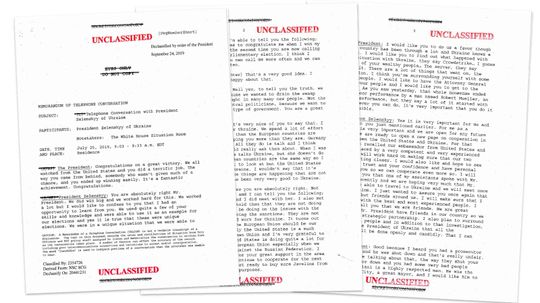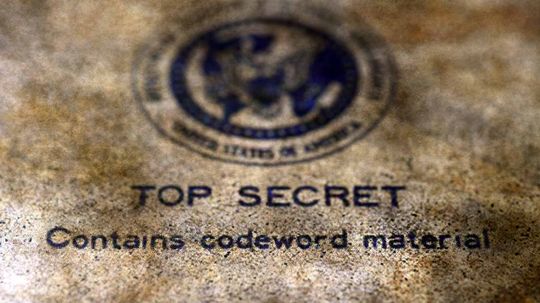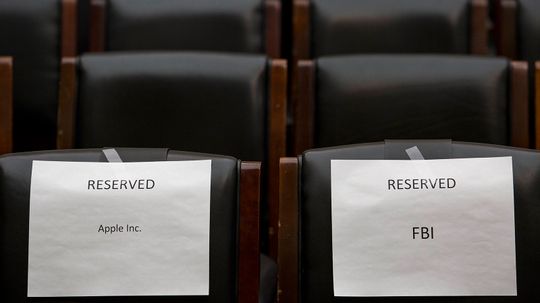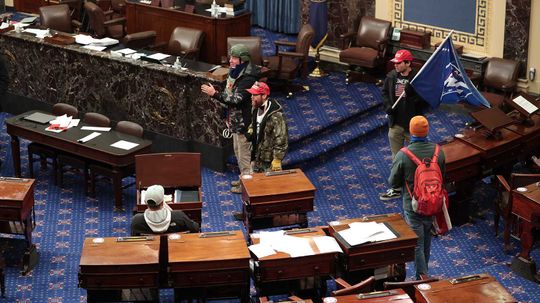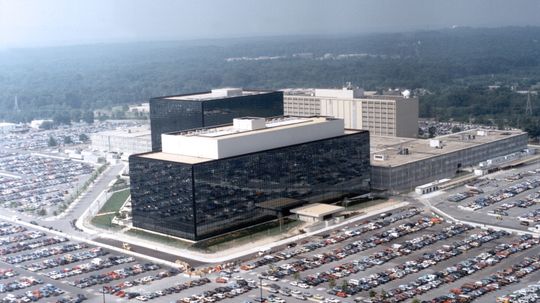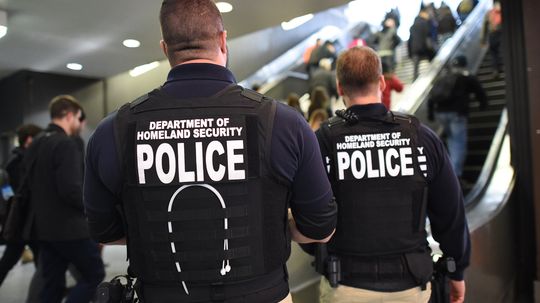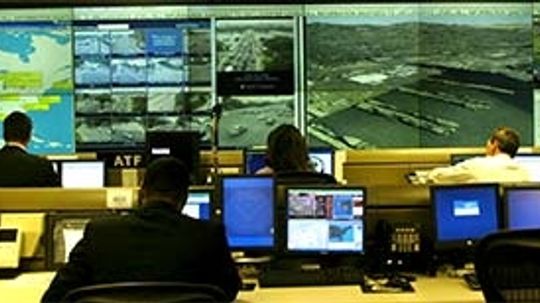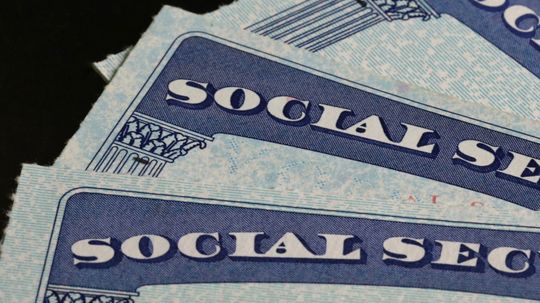Individual Privacy
The Privacy Channel features information concerning the intrusion into private lives and society. Learn more about wiretapping, social security or the Patriot Act.
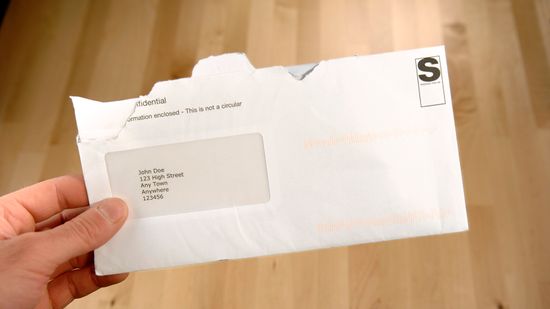
What Is a Postal Code? A Brief History of Zip Codes
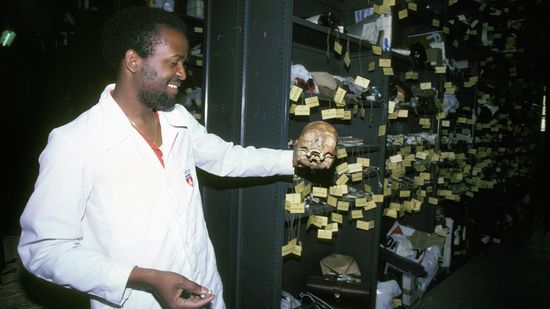
From Human Skulls to Handguns, the Paris Lost and Found Has Seen It All

Running Antarctica's 'Penguin Post Office': Coolest Job Ever?
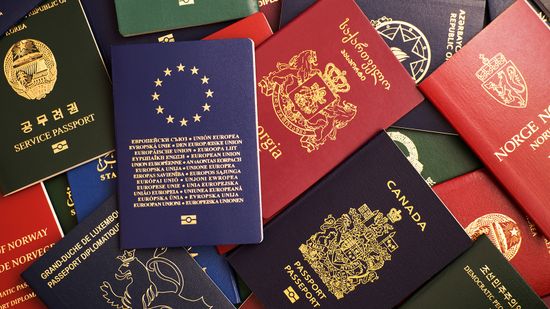
6 Easiest Countries to Get Citizenship
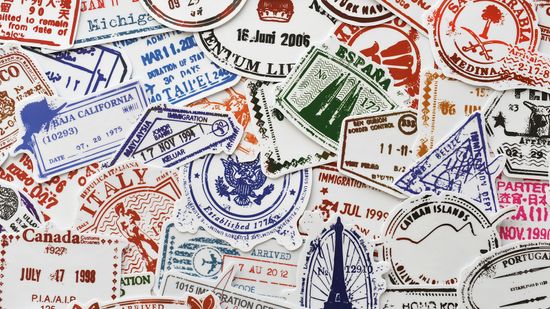
The Most Powerful Passport Comes From a Nation State
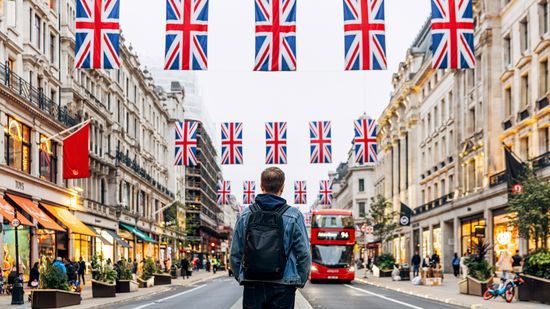
15 Largest Cities in England, Ranked by Population

Representative Democracy: How It Started and How It's Going
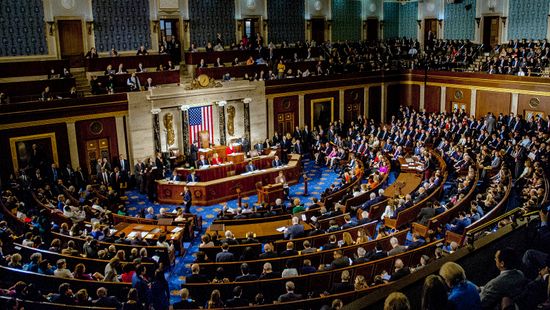
10 States With the Most Electoral Votes: NY's Fall to No. 4
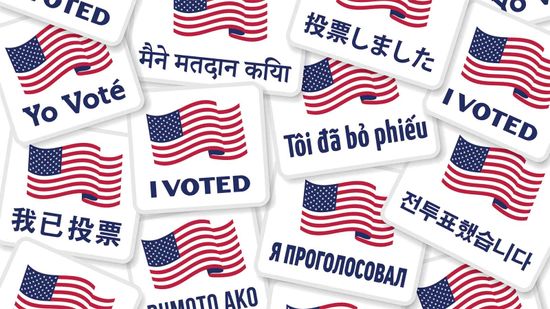
What to Do if Your Vote Is Challenged on Election Day
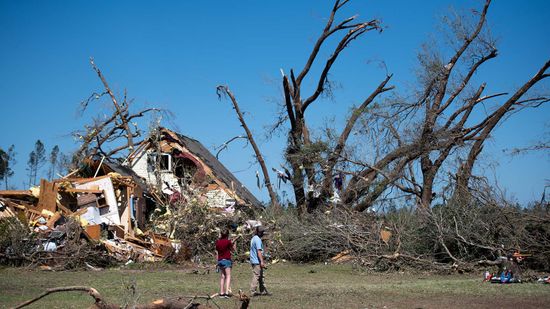
Is the U.S. Prepared to Handle Natural Disasters During the COVID-19 Pandemic?
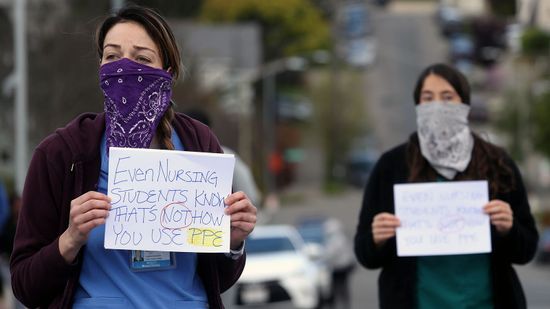
The Defense Production Act Was Designed for Emergencies Like Coronavirus
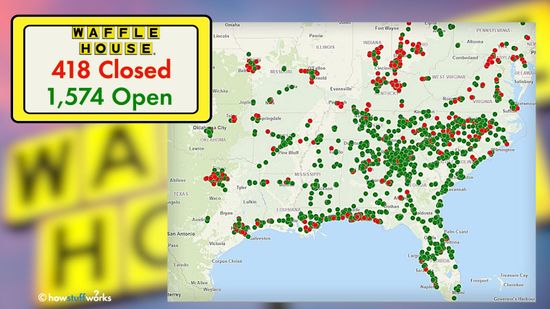
The Waffle House Index Is at Code Red; That's Not Good
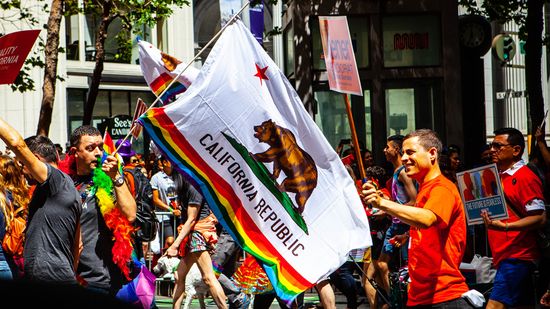
8 Most Liberal Cities in the U.S., Including 2 Not on the Coasts

7 Fastest-growing Cities in the U.S.: San Antonio, Phoenix, and More

10 Seattle Neighborhoods to Settle Into
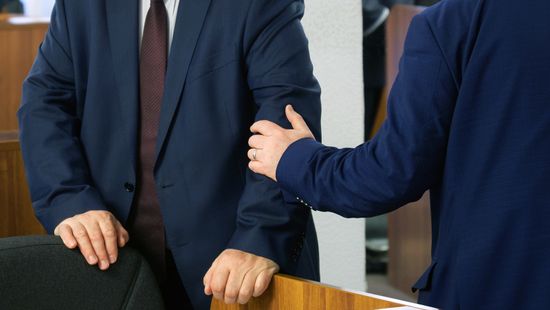
Pluralist Democracy: How Organized Groups Influence Policymakers
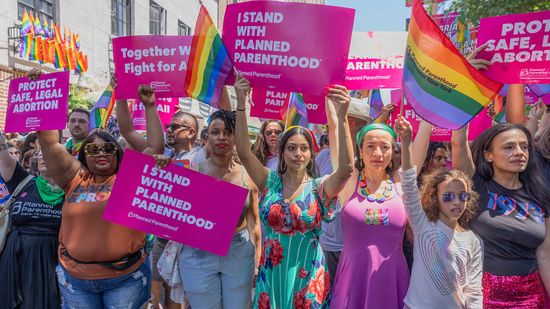
10 Abortion-friendly States in a Post-Roe v. Wade Nation

12 Best Countries for Women (Only 3 Are Outside Europe)
Learn More
The FBI's seizure of top secret files from Donald Trump's Florida home shined a spotlight on the declassification system. How does the process work and who decides when something is no longer top secret?
There are three levels of security classification for U.S. documents related to national security. What are they and who decides how they're protected against unauthorized disclosure?
Encryption grants your data privacy, while locking out others, including law enforcement. Could encryption ever stay strong and grant law enforcement access?
By Greg Fish
Advertisement
Some say that publishing someone's personal information online for the purpose of harassment is bad, even if that person spouts hate speech. Do you agree?
By Dave Roos
Before humanity got a handle on the idea of potentially being recorded at any moment, some public figures learned that lesson the hard way. Here are 10 recordings that were damning to the parties involved.
Shrouded in mystery. Exposed by a fresh-faced cubicle dweller. An introduction to the National Security Agency, its mission and activities, and the domestic spying programs uncovered in the Edward Snowden leak.
By Chris Opfer
Did you really think NSA stood for No Snooping Allowed? Of course not. But there's at least one more source of data for them to collect that you may not have considered -- and it's in your car.
Advertisement
Do we have a right to privacy? It isn't specifically laid out in the Constitution, but we do have the right to protect our private information. But what happens to that privacy once you die?
If you get tagged for extra security screening each time you take a flight, you may be on a government watch list. Find out how you -- innocent you -- made the list.
Can you kiss your old life goodbye and start anew? In the movies, people do it all the time, but a real-life clean slate is a little more complicated.
Supporters claim it's been instrumental for security investigations and terrorist arrests, while critics counter that it gives the government too much power and undermines democracy. Let's take a look at what the Patriot Act is, what people say about it, and whether it's really working.
Advertisement
E-mail is now protected from secret government searches thanks to a recent U.S. Circuit Court of Appeals ruling. Read about this landmark e-mail privacy ruling.
It's easy to tap a phone. Keeping a wiretap secret, now that's the tricky part. That's where the recording equipment and surveillance teams come in. Learn how government spies and other pros go about listening in.
By Tom Harris
What do the numbers on a Social Security card mean? Are they random? And how easy is it for someone to steal your identity using your Social Security number?
